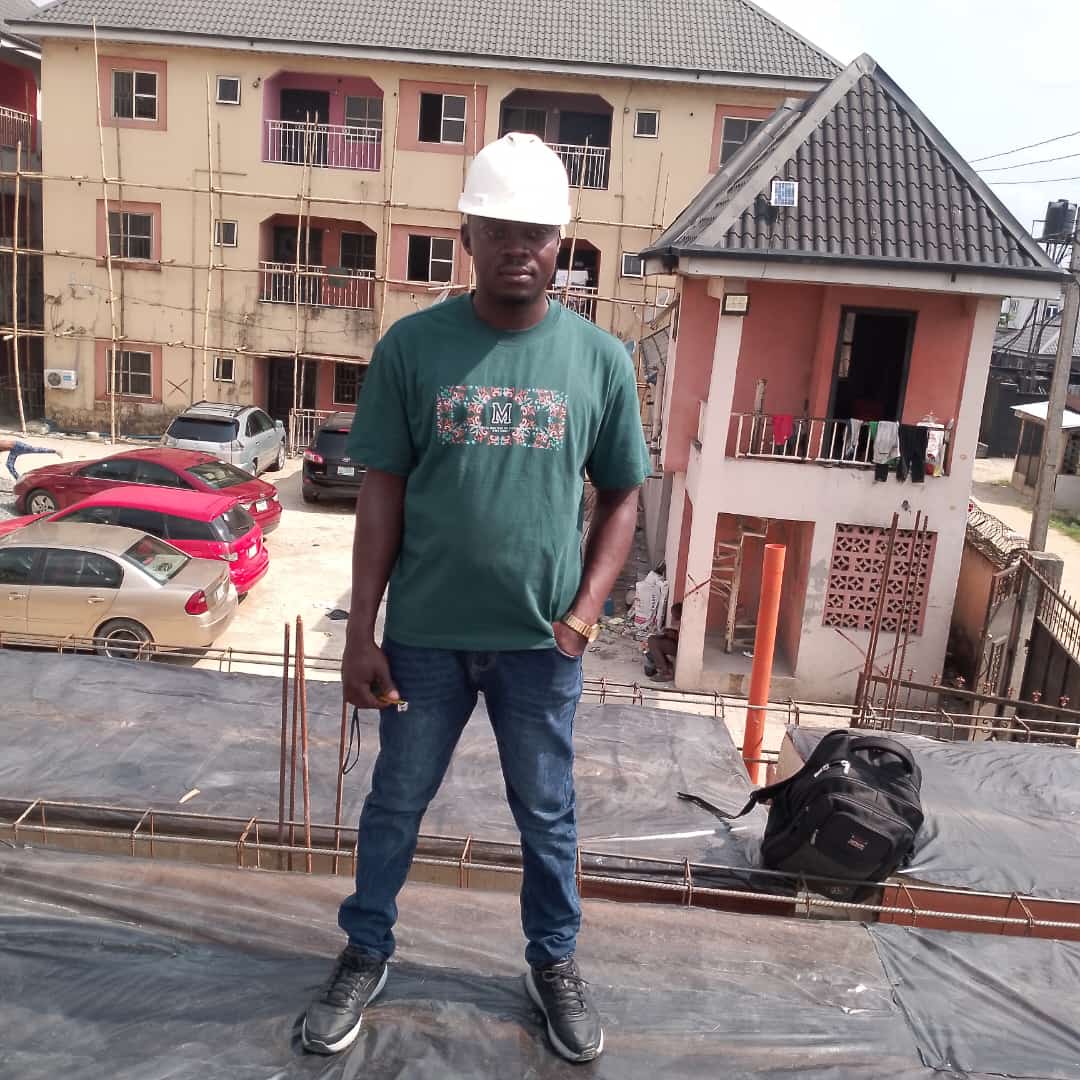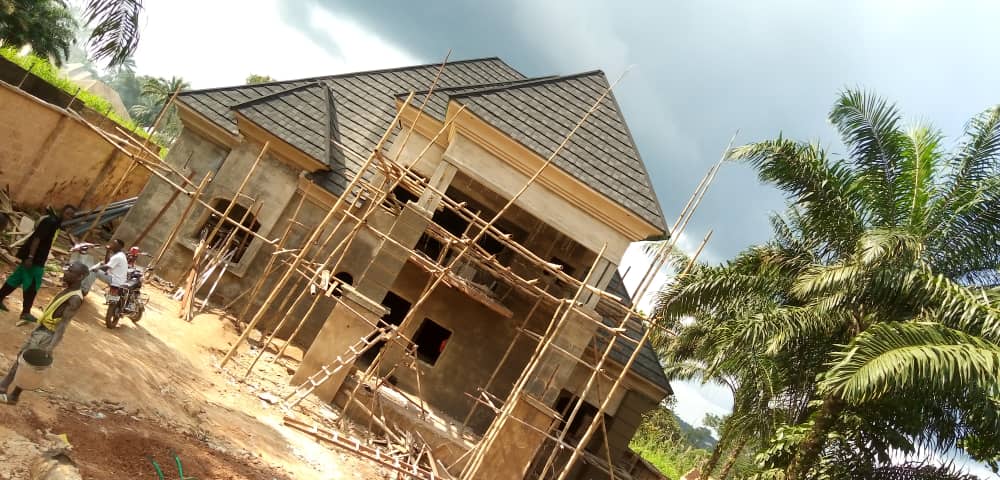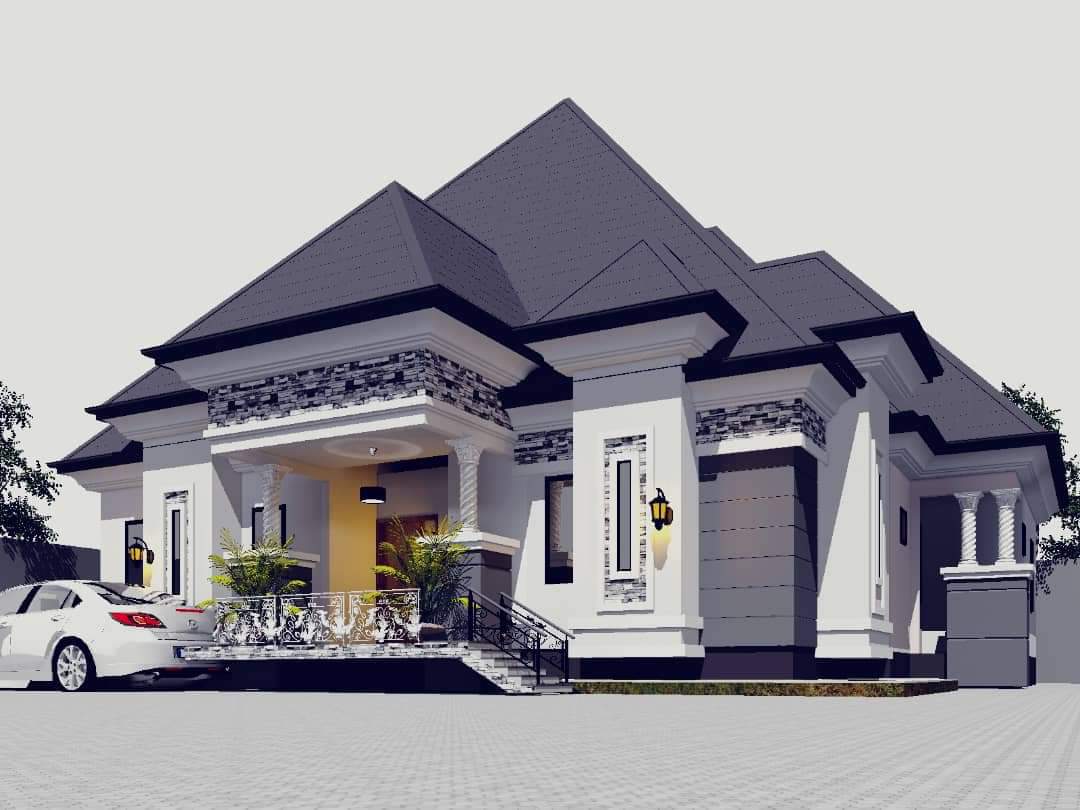Our Blog

Finding the Right Contractor for Your Building Project
Embarking on a building project, whether it's a new home, an
addition, or a major renovation, is a significant investment of time and money.
One of the most critical steps to ensuring the success of your project is
finding the right contractor. The right contractor can turn your vision into reality,
while the wrong one can lead to delays, cost overruns, and subpar work. Here’s
a comprehensive guide to help you find the right contractor for your building
project.
1. Define Your
Project Scope and Budget
Before you start
looking for a contractor:
Clearly define what you want to achieve with your project.
Create a detailed scope of work, including materials,
timelines, and specific requirements.
Establish a realistic budget that includes a contingency
fund for unexpected expenses.
2. Research and Gather
Recommendations
Start by:
Asking friends, family, and colleagues for recommendations.
Checking online reviews and ratings on websites like Yelp,
Angie’s List, and the Better Business Bureau.
Visiting local home improvement stores or building supply
shops, as they often know reputable contractors.
3. Check Credentials
and Experience
Ensure the
contractor:
Holds the necessary licenses and insurance for your state
and type of project.
Has relevant experience with the type of project you're
undertaking.
Can provide references from past clients, ideally with
projects similar to yours.
4. Interview Multiple
Contractors
Conduct interviews
to:
Discuss your project in detail and gauge their interest and
understanding.
Ask about their experience, particularly with projects like
yours.
Inquire about their availability and timeline for completing
the work.
Get a feel for their communication style and
professionalism.
5. Request Detailed
Estimates
When you have
shortlisted contractors:
Request written estimates that break down the costs for
labor, materials, and other expenses.
Compare the estimates to ensure they cover the same scope of
work.
Beware of estimates that are significantly lower than
others, as this could indicate potential cut corners or future cost increases.
6. Verify References
and Visit Past Projects
To ensure
reliability:
Contact references and ask about their experience with the
contractor.
If possible, visit completed projects to inspect the quality
of work.
Ask references about the contractor's adherence to
timelines, budget, and how they handled any
issues that arose.
7. Review Contracts
Thoroughly
Before signing a
contract:
Ensure it includes all project details, timelines, payment
schedules, and warranties.
Make sure there is a clause for handling changes and
unforeseen issues.
Check that it specifies who will handle obtaining necessary
permits.
8. Communicate
Clearly and Regularly
Throughout the
project:
Maintain open lines of communication with your contractor.
Schedule regular check-ins to discuss progress, address any
concerns, and make necessary adjustments.
Ensure you document all changes and agreements in writing.
9. Monitor Progress
and Quality
During construction:
Visit the site regularly to monitor progress and quality.
Ensure that the work is being done according to the contract
and specifications.
Address any issues immediately with the contractor to avoid
delays and cost overruns.
10. Final Inspection
and Payment
Upon project
completion:
Conduct a thorough final inspection with your contractor.
Ensure all work meets your satisfaction and any punch list
items are completed.
Confirm that all necessary inspections and approvals have
been obtained.
Make final payment only after you are completely satisfied
with the work.
Conclusion
Finding the right contractor is crucial for the success of
your building project. By following these steps, you can ensure that you hire a
professional who will deliver high-quality work on time and within budget. A
well-chosen contractor not only brings your vision to life but also makes the
entire construction process smoother and more enjoyable. Invest the time to
find the right partner, and your building project will be a rewarding
experience.


